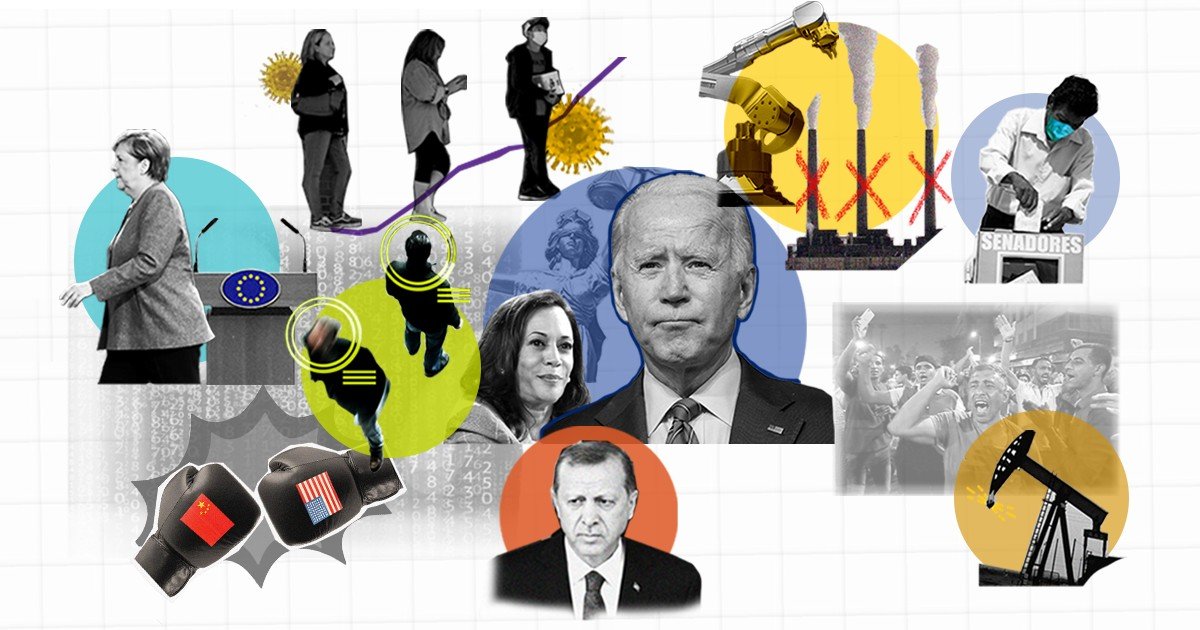The words geopolitical, strategic, and geostrategic are used to convey the following meanings: geopolitical reflects the combination of geographic and political factors determining the condition of a state or region, and emphasizing the impact of geography on politics; strategic refers to the comprehensive and planned application of measures to achieve a central goal or to…

